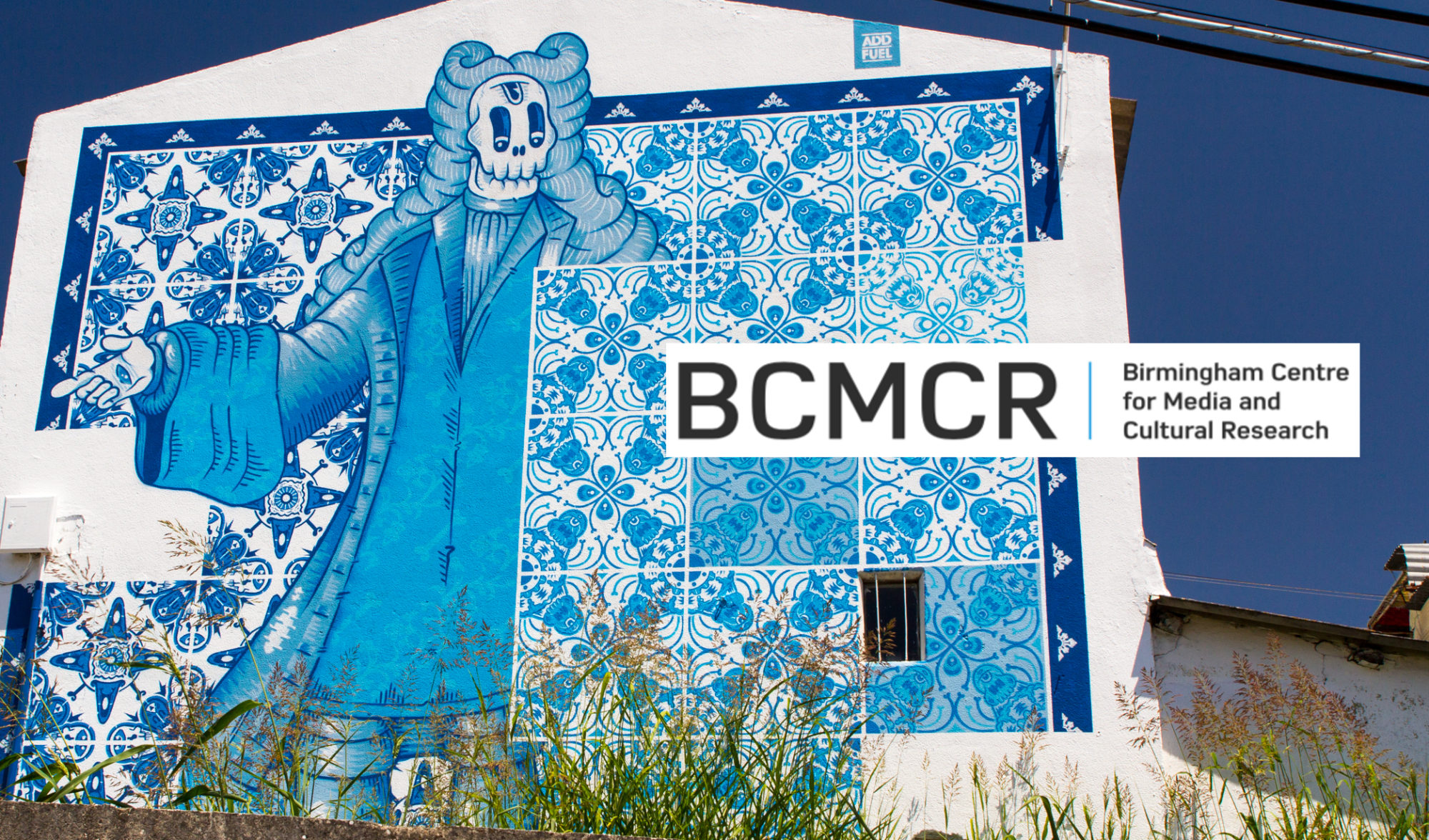P424, Parkside, Birmingham City University
Free registration at this link
Dr. Nick Hall (Royal Holloway) – ADAPT: Using hands-on technological simulation to communicate television’s clockwork past to future digital users
The tools required to make and share moving images are ubiquitous in the developed world. Smartphones and high-speed wireless internet connections enable users to shoot video and share the results globally. The ease and speed of the digital age has multiplied the potential producers and audiences of video. Similar technological changes have changed the television industry beyond recognition: digital tapeless acquisition and desktop editing are now dominant technologies across genres.
Television production has always been somewhat opaque to audiences, but the recent growth in portable consumer video recording technology further obscures the mechanical and manual foundations of television production practice. As recently as the 1960s, a great deal of television footage was shot and recorded using clockwork film cameras, magnetic audio recorders, and analogue video tape. Shows were edited by hand with the aid of a wide range of mechanical editing aids. Assistant editors performed complex jobs now simplified by non-linear editing software suites such as Final Cut Pro and Adobe Premiere.
In the age of digital cameras and desktop video editing, the manual work of television production is at risk of being forgotten. Analogue technologies and workflows are increasingly incomprehensible to new generations raised on the smartphone and tablet. To remedy this, ADAPT – a five year research project funded by the European Research Council and led by Prof. John Ellis at Royal Holloway, University of London – is carrying out extensive research designed to capture and animate the hidden histories of historic television production.
ADAPT’s central innovation is to carry out a series of simulations in order to show how arrays of technological devices were used by teams of skilled professionals to make, edit, and broadcast television in the United Kingdom between 1960 and 2010. The project reunites teams of veteran television personnel – including camera operators, sound recordists, and film editors – with obsolete equipment, and captures the results as the subjects re-encounter equipment they have not used for decades.
This presentation will include footage captured during recent simulation exercise, which demonstrate how 16mm television footage was shot and edited during the 1960s. The presentation will address the manifold opportunities and methodological challenges associated with this novel mode of “hands-on” oral history, and consider the ways in which memories of past television production may be translated and interpreted for contemporary audiences.
Dr. Andrew Flinn (UCL) – Digging Where We Stand: community-based archives & participatory approaches to archiving and knowledge production
Drawing upon the speaker’s extensive experience of working with community archives and study of participatory knowledge productive practices this talk will contend that the history and practice of community-based archives suggests that rather than centres for preservation of culture many of these participatory approaches represent an activist agenda of use and knowledge production. The talk will use the framework of Lindqvist’s Dig Where You Stand manifesto and examples of social movement approaches to archiving and the useful past to illustrate the motivations, objectives and activities of both mainly physical and digital archives. The talk will conclude by raising some questions about the challenges and future of these participatory archives.
About the speakers:
Dr. Andrew Flinn is a Reader in Archive Studies and Oral History at University College London and author, recently of ‘Working with the past: making history of struggle part of the struggle’ in Reflections on Knowledge, Learning and Social Movements: History’s Schools, eds Choudry & Vally (2018).
Dr. Nick Hall is a research officer in the Department of Media Arts at Royal Holloway (University of London). He works on on the ADAPT project which examines the historical development of British television broadcast production technology. His research specialisms include early postwar American television history and cinematography and British postwar television history. A book based on his research into the history of the zoom lens in American film and television – The Zoom: Drama at the Touch of a Lever will be published by Rutgers University Press in 2018. www.zoomlenshistory.org.uk.
